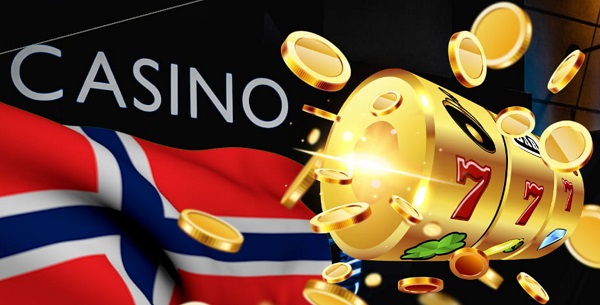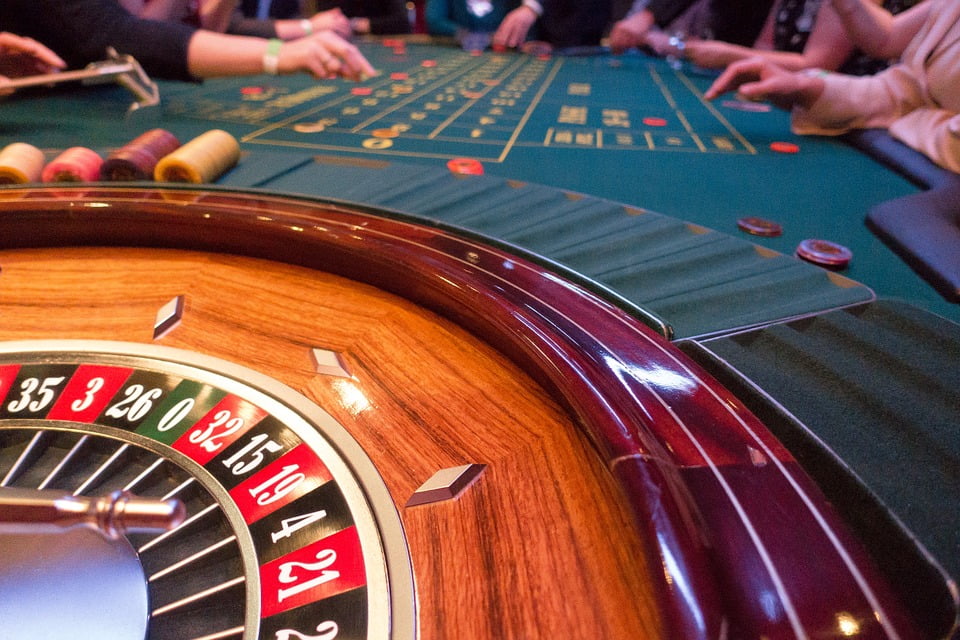
Norway’s Unique Position in the Global Gambling Landscape
Exploring Norway’s unique approach to gambling reveals a fascinating interplay between regulation, culture, and technology. This article examines Norway’s stance in the global gambling arena, covering its legislative framework, popular gambling activities, the impact of technology, challenges, and future prospects in this sector.
Norway’s Gambling Landscape: Regulation and Culture
Norwegian gambling laws are known for being particularly strict, with the government maintaining tight control over the industry. The primary aim is to prevent problem gambling and ensure that profits from gambling activities are used for societal benefits. Two state-owned companies, Norsk Tipping and Norsk Rikstoto, are the only legal providers for most forms of gambling. This monopoly system reflects Norway’s commitment to social responsibility in gambling.
Culturally, gambling in Norway is seen as a pastime activity rather than a financial venture. This perspective, shaped by stringent regulations, has cultivated a gambling environment that prioritizes public welfare over commercial interests.
Popular Gambling Activities in Norway
Lotteries and Sports Betting
Lotteries and sports betting, operated by Norsk Tipping, are the most popular forms of gambling in Norway. They enjoy widespread participation from the public, owing to their legal status and the trust in state-operated services.
Horse Racing
Horse racing, overseen by Norsk Rikstoto, also holds a significant place in the Norwegian gambling culture, with a loyal following and a rich history in the country.
Online Gambling
Despite the strict regulations, Norwegians participate in online gambling through foreign websites, which presents a challenge to the state’s monopoly and raises questions about the effectiveness of current laws.
The Impact of Technology on Norway’s Gambling Sector
Technology has had a profound impact on gambling in Norway, particularly through the growth of online gambling platforms. The government’s efforts to block payments to foreign gambling sites have had mixed success. On the other hand, technology has also allowed Norsk Tipping to innovate and offer more engaging and responsible gaming experiences to Norwegian bettors.
The digitalization of gambling services by state-owned companies reflects Norway’s cautious yet progressive approach to embracing technology in this sector.
Challenges in the Norwegian Gambling Market
The primary challenge for Norway’s gambling industry is balancing regulation with the realities of an increasingly digital global gambling market. The government’s strict control faces pressure from EU regulations on trade and competition, as well as the growing accessibility of international online gambling sites.
Additionally, the need to prevent problem gambling while maintaining a viable state-run gambling service poses an ongoing challenge for Norwegian policymakers.

Future Prospects: Adapting to Global Trends
Looking forward, Norway faces the challenge of adapting its unique gambling model to the global shifts in the industry. This includes responding to the increasing popularity of online gambling and integrating responsible gambling practices in the digital age.
Norway’s commitment to social responsibility in gambling, combined with a willingness to gradually integrate technological advancements, suggests a potential for a balanced and progressive approach in the future.
Norway’s Balanced Approach in the Gambling World
Norway’s gambling industry stands out for its commitment to social responsibility and public welfare. While facing challenges, Norway’s approach offers valuable insights into managing a gambling industry that prioritizes societal benefits over commercial gains.
The evolution of Norway’s gambling policies and practices will be an interesting journey to follow, as it seeks to navigate the complexities of an increasingly digital and globalized gambling landscape.
